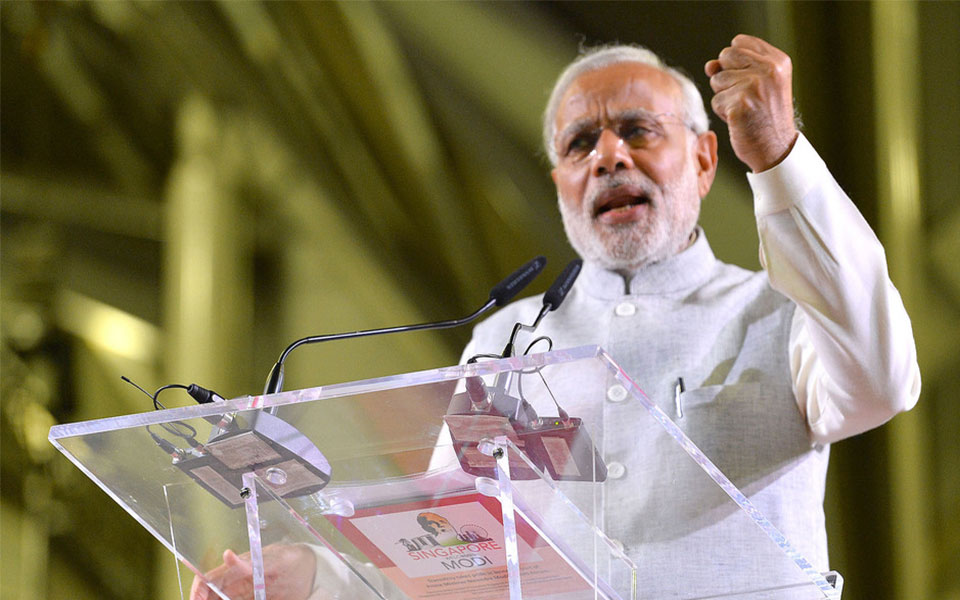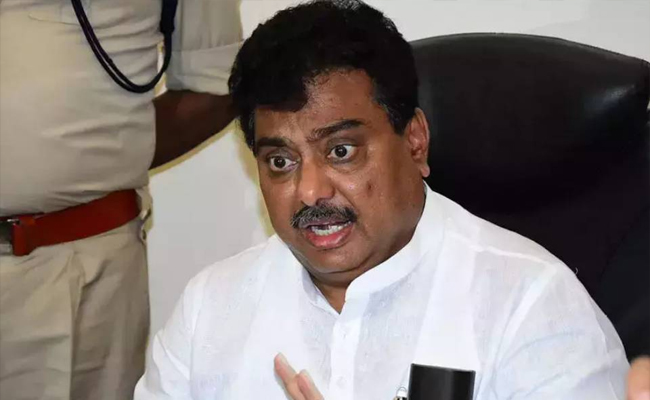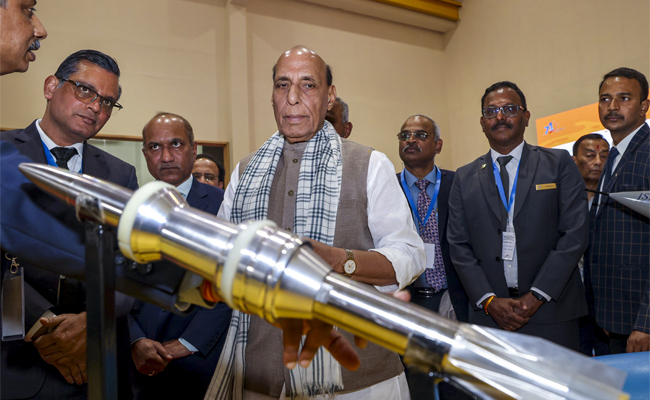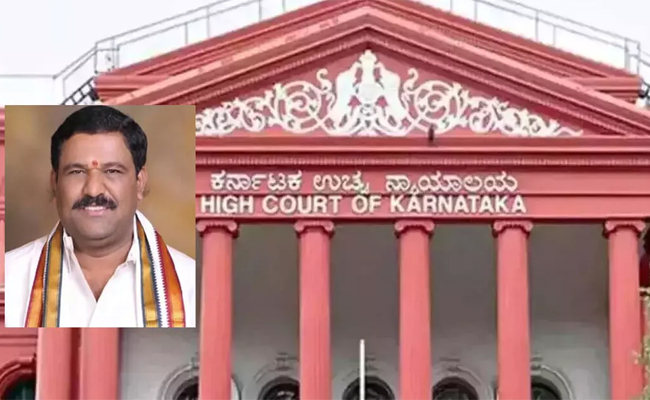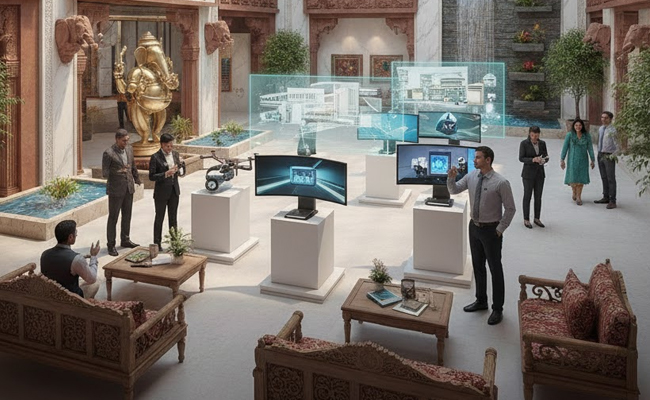New Delhi: With about three weeks left for Union Budget 2018-19, Prime Minister Narendra Modi will meet leading economists and sectoral experts at Niti Aayog on January 10 to deliberate on steps which could be taken to boost growth and generate employment.
The meeting, according to a senior government official, will be attended by vice chairman and members of Niti Aayog, members of Economic Advisory Council to the Prime Minister (EAC-PM), economists and sectoral experts.
The meeting comes in the backdrop of latest estimates of national income by Central Statistics Office (CSO) which showed that India's growth is expected to slow down to four- year low of 6.5 per cent this fiscal, the lowest under the Modi-led government.
The Gross Domestic Product (GDP) was 7.1 per cent in 2016-17 and 8 per cent in the preceding year. It was 7.5 per cent in 2014-15.
Finance Minister Arun Jaitley will present Union Budget on February 1, the last full (rpt) full budget of the NDA government before the 2019 Lok Sabha election.
Let the Truth be known. If you read VB and like VB, please be a VB Supporter and Help us deliver the Truth to one and all.
Bengaluru (PTI): Karnataka Commerce and Industries Minister M B Patil on Monday asserted that Aequs continues to expand in the state and that its proposed investment in neighbouring Tamil Nadu was a business decision aimed at diversification, not a shift away from Karnataka.
Reacting to criticism on social media over reports that the Karnataka-based firm had signed a major investment deal in Tamil Nadu's Krishnagiri district for setting up a specialised aerospace and defense manufacturing cluster, he said the state government was fully aware of the company's plans and remained confident about its long-term commitment to Karnataka.
"While we welcome every major investment in India, would like to clarify a few points," Patil said in a post on 'X'.
Aequs was significantly expanding its footprint within Karnataka, including a Rs 3,000 crore investment in Kolar for electronics manufacturing.
"Its recently approved Rs 1,500 crore ECMS project will also be grounded in the state. Karnataka remains central to its long-term strategy," he said.
Patil added that the government had prior knowledge of the TN proposal.
The government was already informed and aware that the TN investment is a business decision aimed at geographic diversification and de-risking operations, not a shift away from Karnataka.
"Healthy competition between states strengthens India's manufacturing ecosystem," he said.
Emphasising the state's focus on high-technology sectors, Patil said, "We remain committed to deepening Karnataka's leadership in aerospace and advanced manufacturing, and our engagement with industry partners is strong and ongoing."
The Aequs Group has pledged Rs 4,000 crore to bolster Tamil Nadu's aerospace manufacturing capabilities at the SIPCOT-Shoolagiri Industrial Park in Krishnagiri district.
The group proposes to establish a specialised aerospace and defense manufacturing cluster for the production of aircraft engines, gearbox components, and precision engineering parts. This initiative is expected to provide employment to 7,000 individuals.

